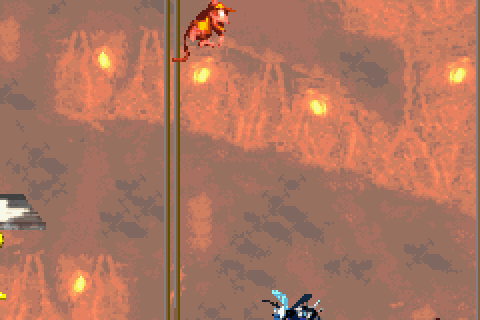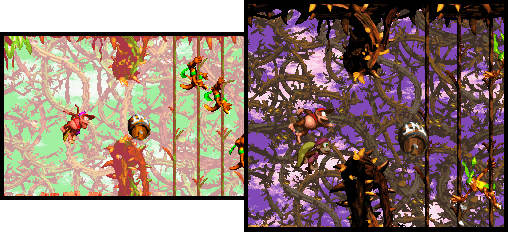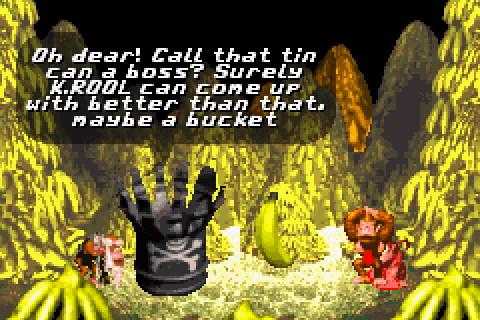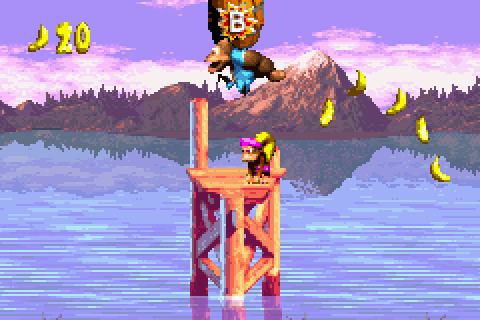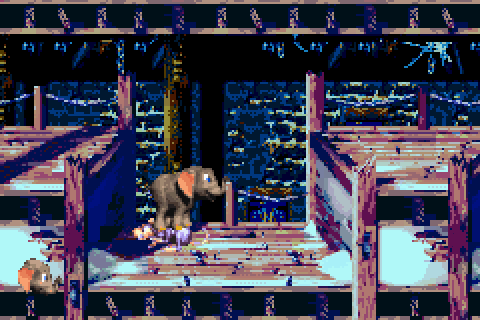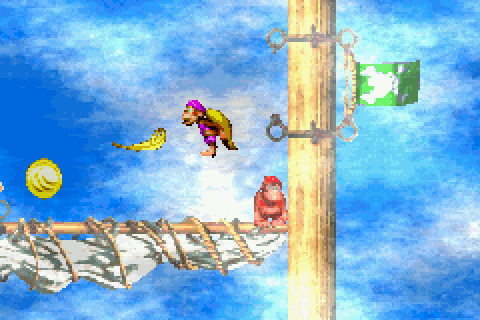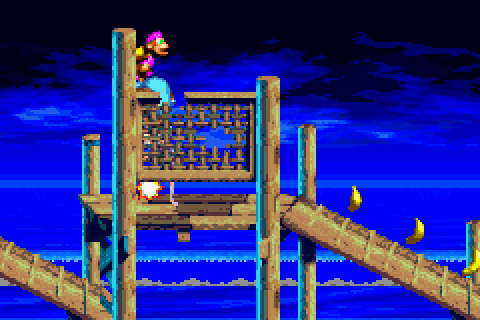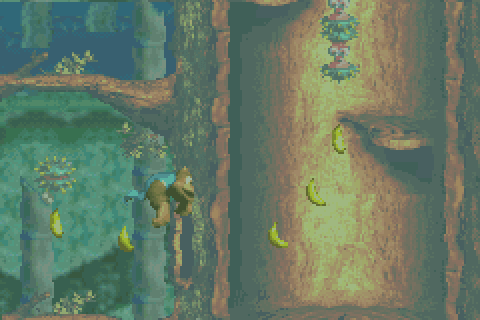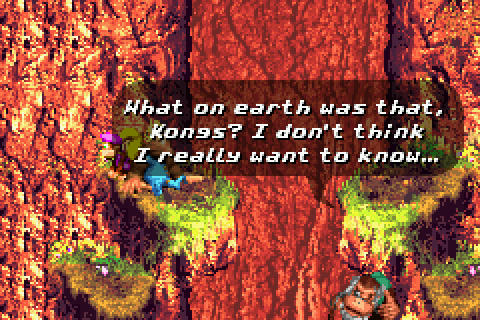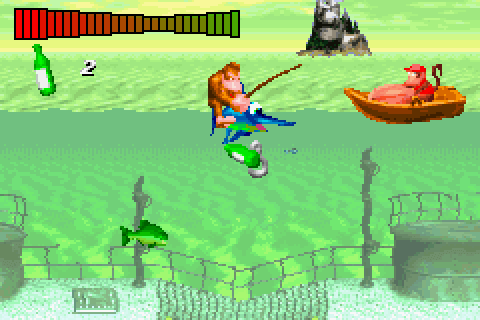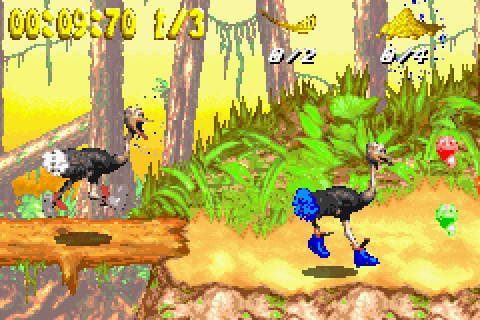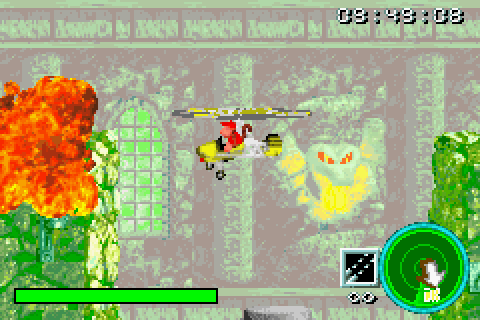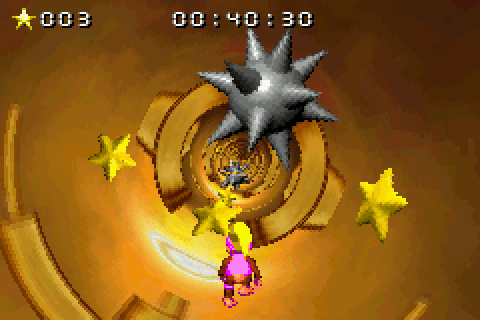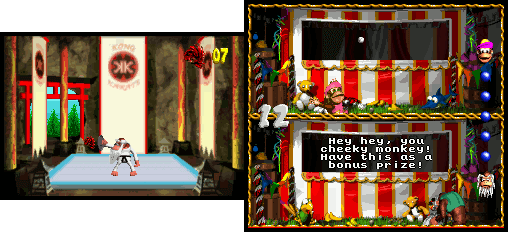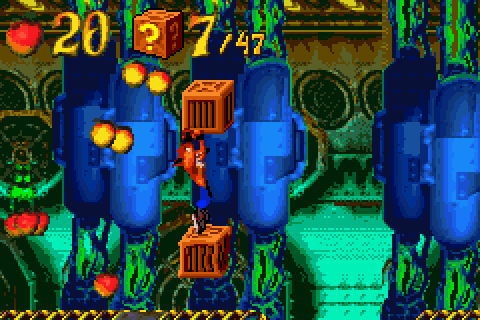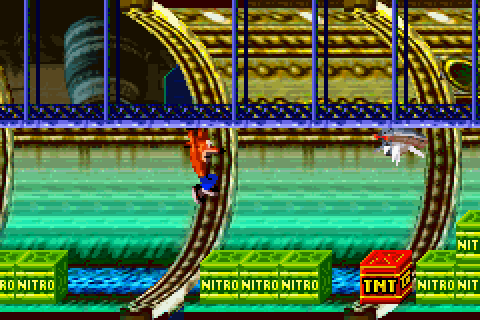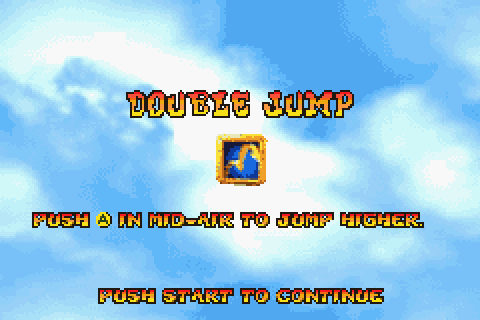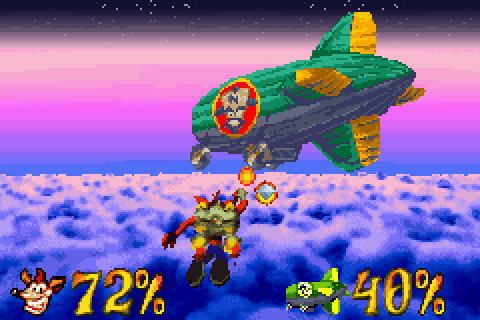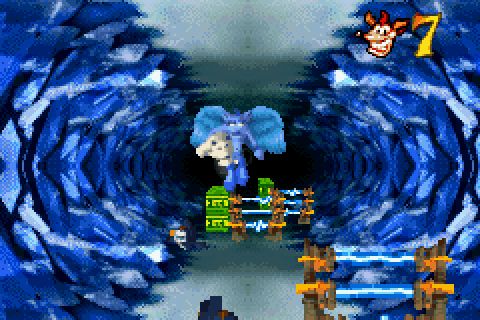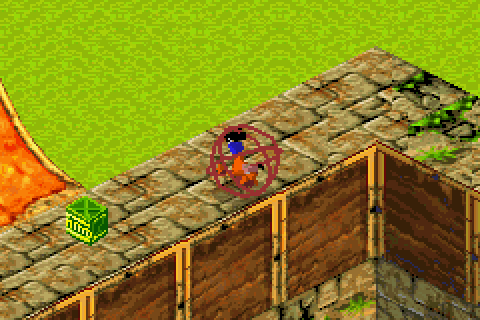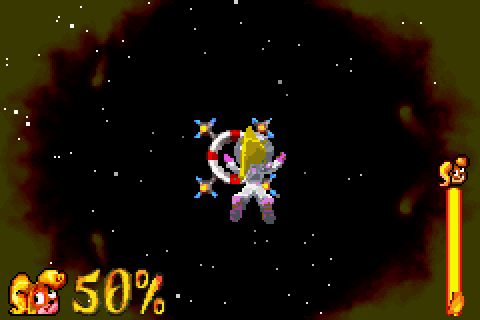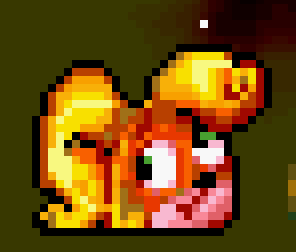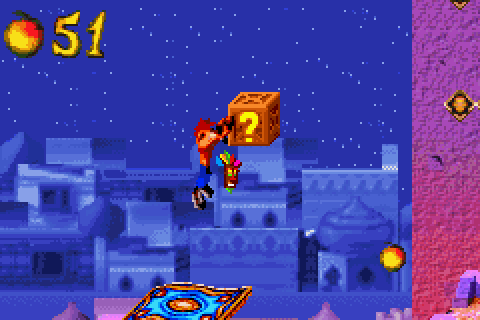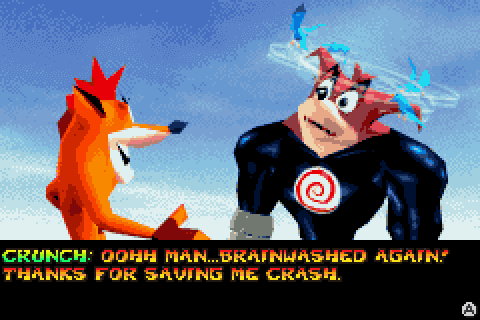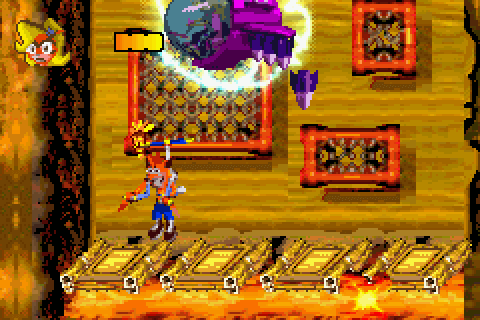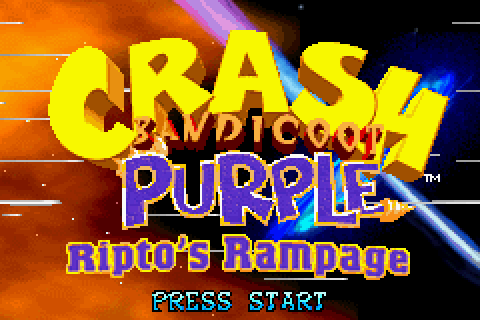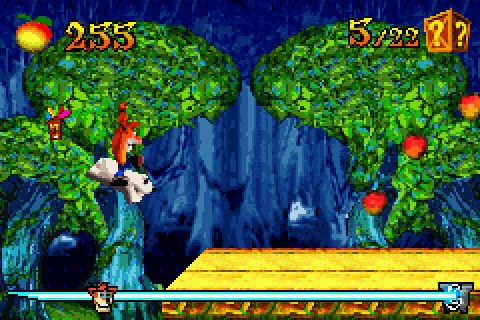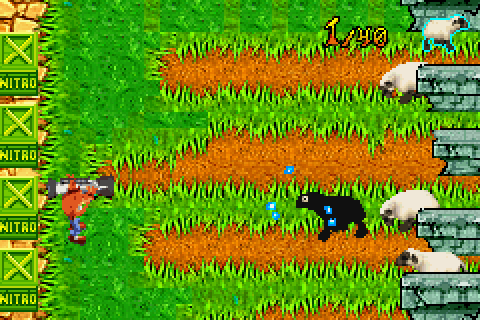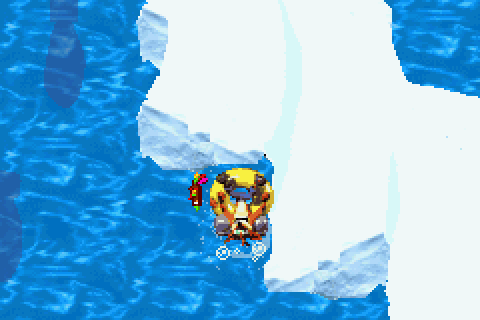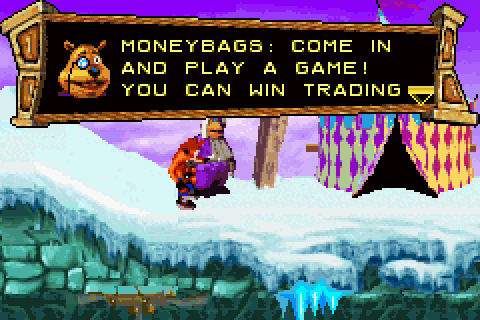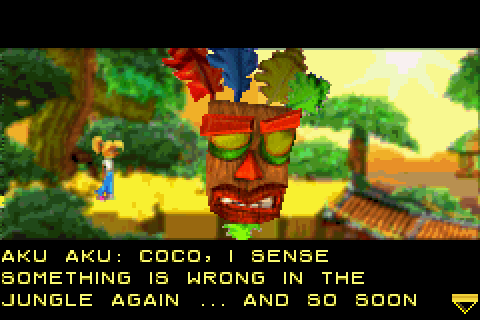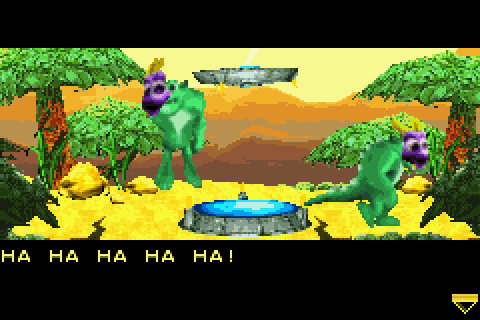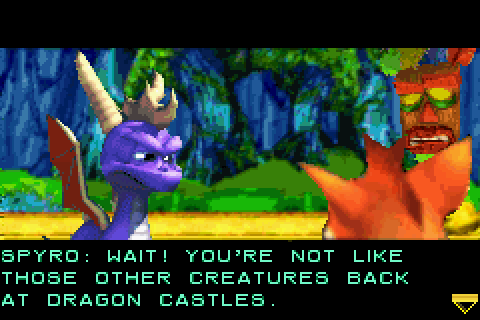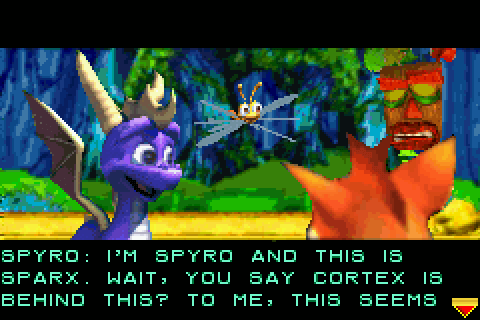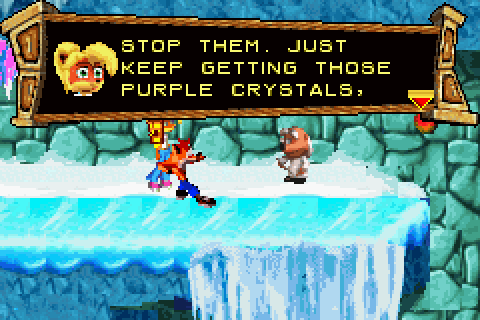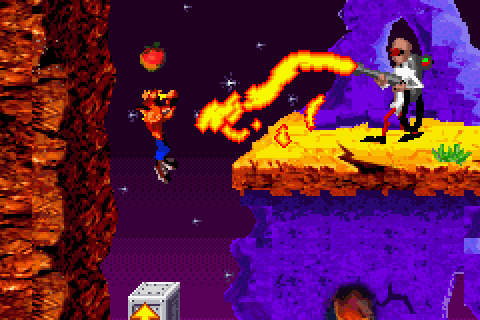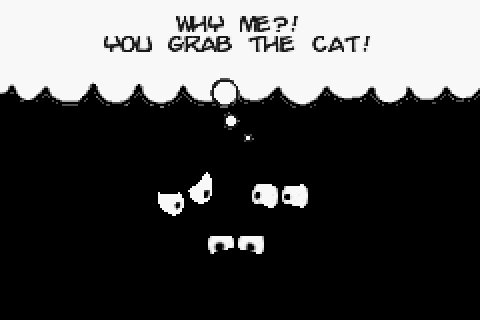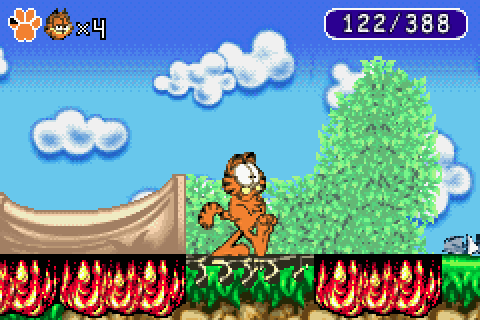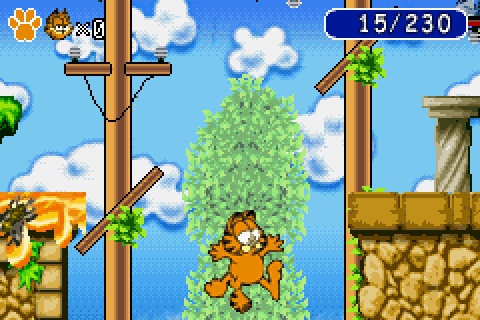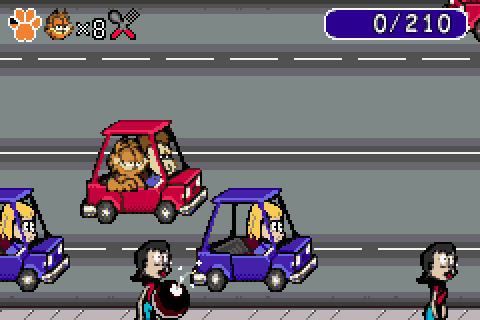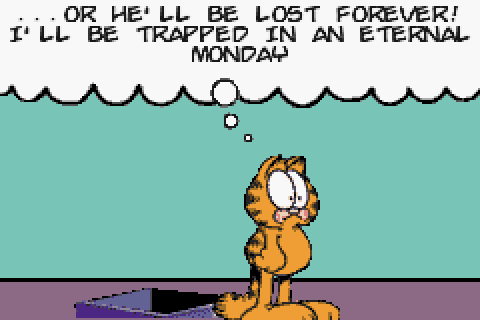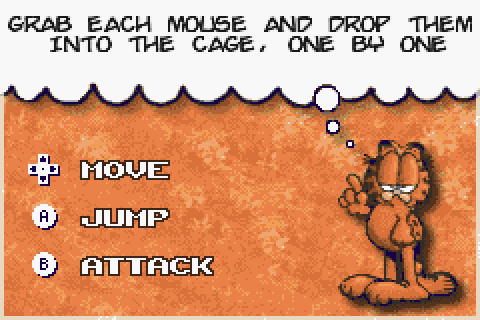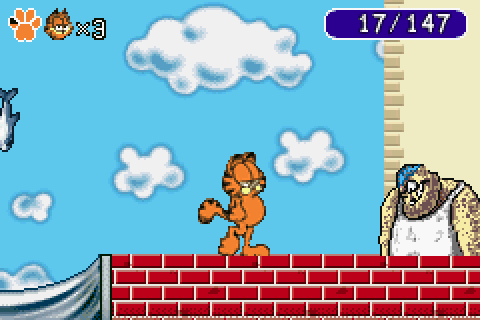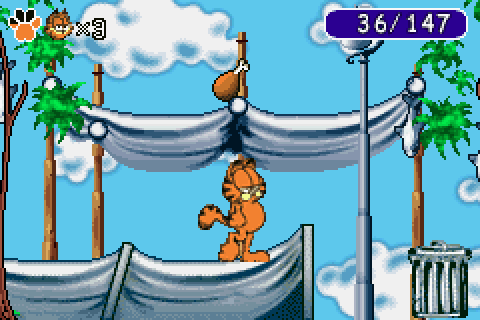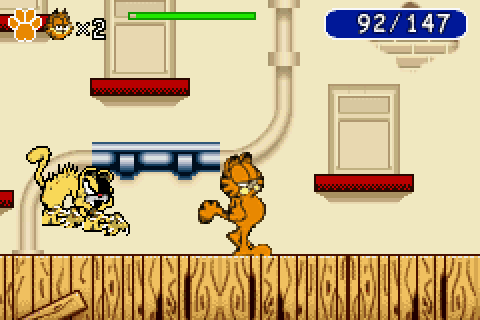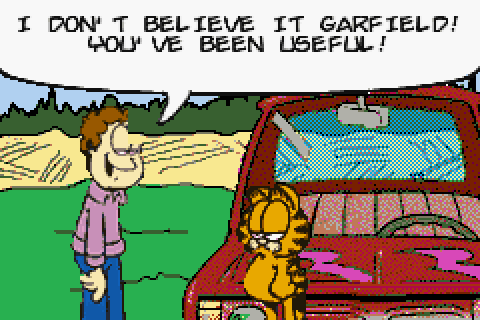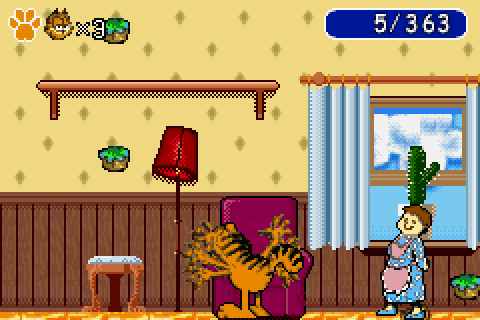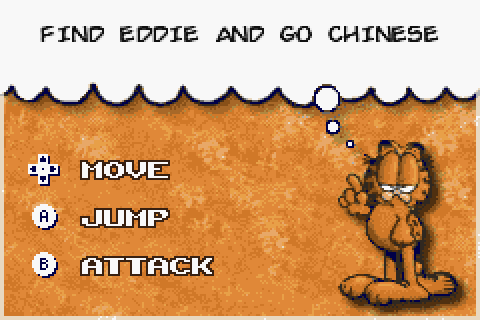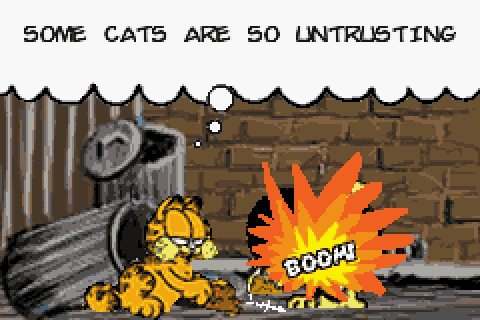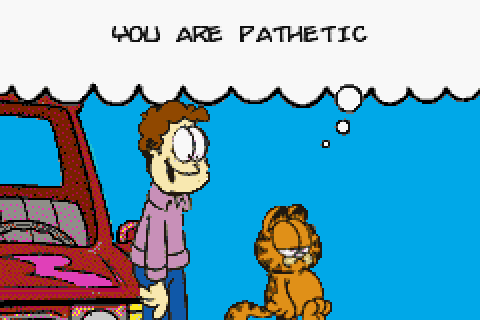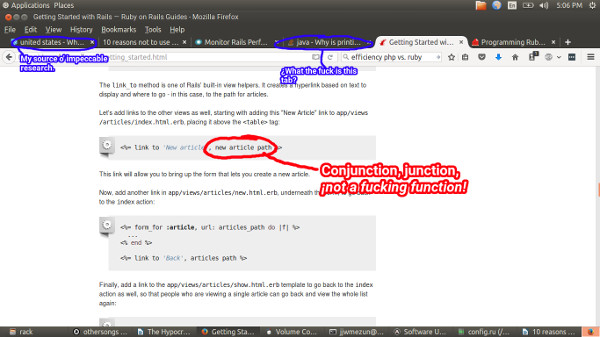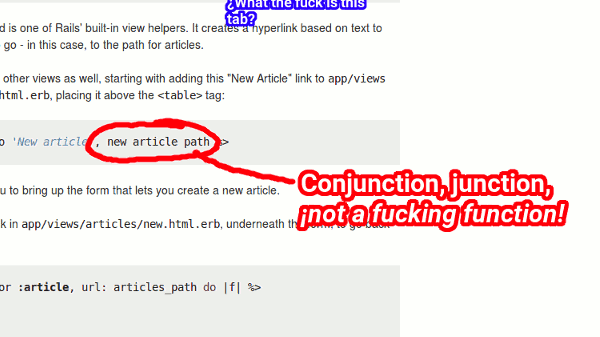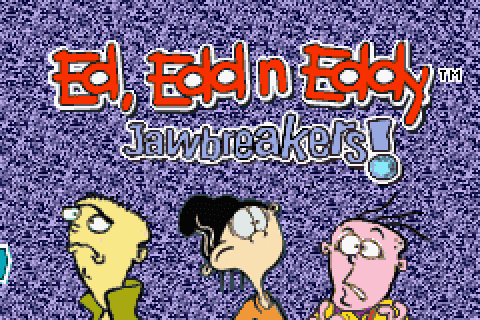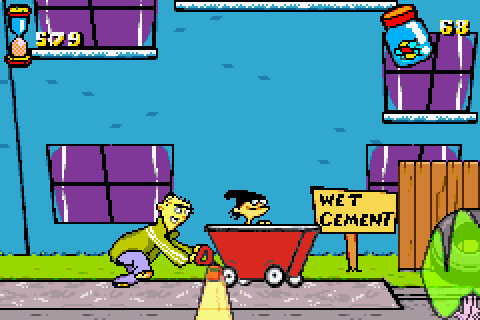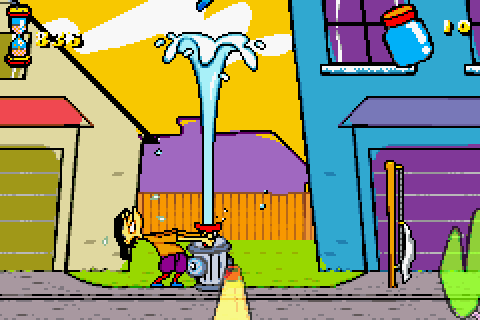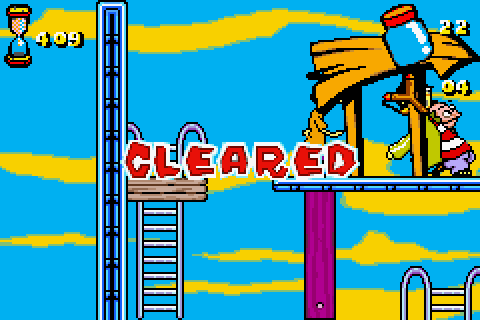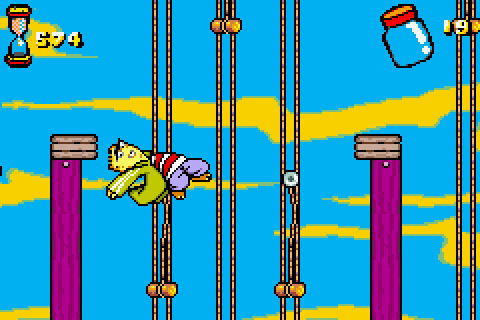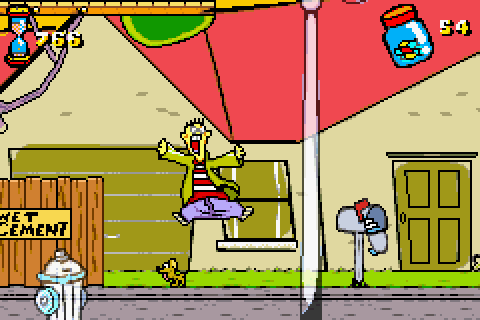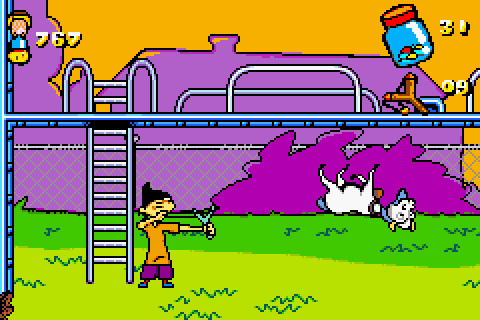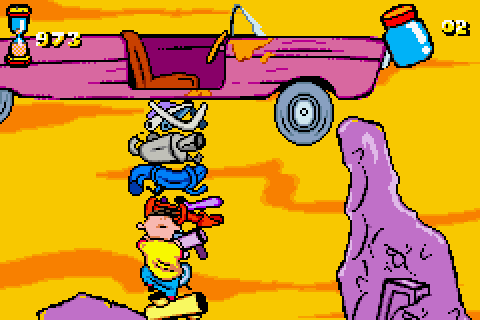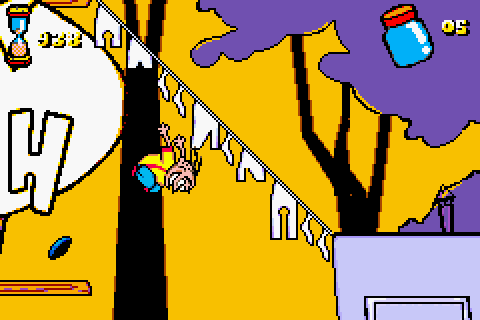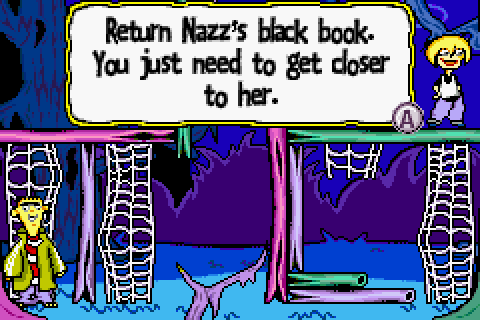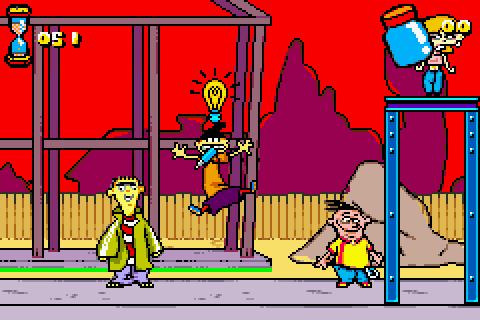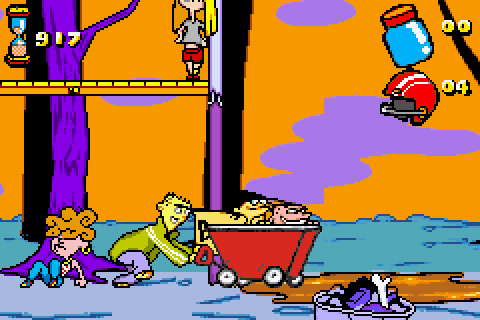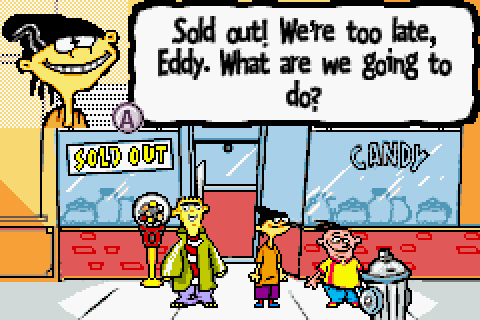Since I’m sick o’ political bickering, I’ll focus on the much mo’ important issue o’ programming language wars.
The most interesting thing ’bout programming languages is how their quality is inversely related to the quality o’ the people who use them. While I’ve found nobody who defends PHP beyond “it’s faster” & “it’s convenient”, & it’s design is so laughably inept, one wonders if ’twas an intentional joke, PHP developers tend to be much better people to be round, since they focus mo’ on actually accomplishing things than whining & scribbling rants ’bout conspiracies gainst the public caring mo’ ’bout practicality o’er their language. Languages like Ruby & Lisp1, meanwhile, were quite elegantly designed, but is filled with some o’ the most socially inept douche bags e’er who have this amusing tendency to try demanding things o’ people o’er whom they have no authority. “¡Just quit whining ’bout [ insert flaw in language ] & just use it!” while whining ’bout flaws o’ some other language. The logic is that if you can’t deal with some absurdity in their language, you’re just too dumb, e’en though the fact that one can remember the quirk ’nough to complain ’bout it should be proof that one can understand it; but if they can’t handle some absurdity in some other language, it’s ’cause it sucks.
To be fair, the 1 exception is the guy who made Ruby himself, Yukihiro Matsumoto, who sounds like a very nice person who seemed to make Ruby for incredibly unpretentious reasons, & e’en said, “I tried to make Ruby perfect for me, but maybe it’s not perfect for you. The perfect language for GuidoVanRossum is probably Python”, which is the inspiration for all my Matsumoto / Rossum slash fics.
I almost get the sense that Google hits get mo’ from attention-grabbing, contentious posts than those that are actually useful. While I’d like to get some useful info on Ruby, ’stead I get some incoherent rant, & now the rest o’ you get to suffer for it. ¿Curious, right? Wink, wink. ( Fuck you. )
{ // Braces, just to further rile Rubyists ( e’en though Rubyists do use braces for hashes — shhh ).
’Nother fun idiotic debate ’mong Rubyists & other people:
“Man, Ruby & Rails have no good documentation. Just this drugged-out shit. Face it, programming is ruined”;
“There’s plenty o’ documentation. Get off your ass & look”
“¿Could you provide some evidence?”;
“Find it yourself. Do something yourself for once”
Nothing better than expecting people to prove a negative.
I can, however, prove that the official Rails guide is so shitty that it actually caused me errors ’cause o’ a dumbass typo:
¡Looks like your prettyful Apple computer couldn’t help you now, DHH, whom I know totally wrote this guide! ( ¡Stop whining & just get off your ass & pay thousands o’ $ on o’erpriced garbage hardware already or I won’t hire you for my shitty company! )
}
This writer, whose job description is apparently “Converting beer to code since 2004” ( ¡& now he’s converting writing to beer for me! ¡How nice! ) wrote an article called “10 reasons not to use Ruby”, which sounds like a drunken rant ’bout how lame Ruby is, man, but is actually a drunken rant gainst people who make ’scuses for not using Ruby, man.
1. Ruby isn’t as mature as Java or PHP
My grandmother has also been around longer than Ruby, but I don’t go about using her to build Web apps every other day.
Maturity == age.
Speaking o’ maturity, that’s an argument a fucking child would make — c’mon. “If PHP’s so great, ¿why don’t you use it to drive to work?, huh”.
2. Ruby isn’t as performant as .NET or Java
That’s true, & is ’specially a problem in web programs, where people are particularly impatient, already have to deal with loading resources ( essentially downloading software as they’re trying to use it ), & likely to be on much slower architecture than the o’erpaid web developer who should probably be doing mo’ to deserve their high pay than worrying ’bout whether their language is fun to use. ( ¡Stop whining ’bout my slow website & just use it, customers! God, ¿why do I e’en let you idiots give me money? )2 Considering how bewilderingly slow websites still are e’en with modern technology, this should be a big issue.
You’re right. Ruby is also slower than Erlang, Lua and C++ but you don’t go about writing Erlang or C++ code every day, do you?
Um, yes, plenty o’ people do.
It’s good to see that we’re still sticking to the sullen technique o’ twisting reasonable arguments to extreme non sequitors. This argument is essentially, “Nothing’s perfect, so any depths o’ quality is acceptable”. Awesome.
Web development isn’t all about code performance.
It’s 1 o’ the most objective ( note, I said “most”, for e’en benchmarks are questionable ) criteria — certainly mo’ than “fun to use” & quickness o’ development.
Your new shiny Web app doesn’t have a million users a day for day one. You need to code it, test it, release it, rinse and repeat, and you need to do that quickly.
Keep in mind that this person is telling you you should experiment with new programming languages — ’cause nothing is quicker than learning new things.
Hiding behind the “performance” argument is not only cowardly, it’s plain wrong, because instead of focusing on releasing your app as quickly as possible, you’re focusing on the unknown promise that one day you might have to worry about scale.
Fucking performance pussies, man.
So, it’s wrong ’cause it’s not important in this writer’s opinion — ’cause nothing’s worse than wasting your time preparing for the future. It’s much mo’ professional to only focus on spewing out shitty software as quickly as possible.
¿Aren’t Ruby programmers s’posed to be smart? & I must say, it’s probably mo’ “cowardly” to change topics to development speed to avoid actually addressing the issue.
3. Well, Ruby apps scale as well as .NET or Java apps.
“I say so, therefore it’s true”.
We all end up there, clench our teeth and handle it like adults.
So that’s how you optimize Ruby. You can’t really blame detractors for not understanding such an obscure — & I must say unorthodox — method.
“Handl[ing] it like adults” apparently means bitching ’bout imaginary critics online & making appeals to extremes.
We might do it differently, but we do it all the same and usually begin at the DB level rather than the application level. Curious, right?
You’ll have to show a bit mo’ cleavage 1st, Sir.
4. Ruby doesn’t work well on Windows
¿It doesn’t? Worked fine for me. Not sure what magic allowed Compass to work all those years I used to have Windows.
Instead of banging your head against the wall, complaining that you’re used to Windows and all that jazz, just take a deep breath, install Linux and get on with life. Technology is about learning new things, not staying in your comfort zone forever.
“Just quit whining & setup a whole ’nother operating system just so you can fulfill my language fetish”.
I have a better idea: how ’bout you guys quit whining & make Ruby work well with Windows.
’Cept Ruby works fine for Windows, so maybe you should just stop arguing with idiots — worse, strawman idiots you made up in your schizophrenic head. I can imagine all the ghostly voices dragging him down to his knees — echo 'use $PHP…'; echo 'use $PHP…'; puts you.leave_alone! me
5. Ruby isn’t as popular or commonly used as PHP
Perhaps a less stupidly-circular argument based on true concerns is Ruby’s lack o’ easy compatibility with existing services, such as MySQL or common hosts. For example, my host doesn’t have Ruby installed, so using Ruby would be an absolute no for any o’ my websites ( a’least for distribution — in development, all bets are off3 ), as much “funner” it is to use than lame ol’ PHP & it’s dumbass error-handling or “echo” function. Rubyists would tell me that I need to change my entire host & go with some obscure, o’erpriced alternative, ’cause shared hosts are, like, a “ghetto”, or something.
( Or maybe that’s Rails — all ’cause Shaw hates a bunch o’ people he had to work with & ’cause dumbass DHH had to restart his server a lot, I guess. )
Technology isn’t a popularity contest, otherwise we would all be developing Websites in Javascript (currently the most popular language on Github).
Um, we are all making websites in JavaScript ( well, we’re making lowercase websites in camel-case JavaScript, a’least ). For instance, Rails, which I’m sure this guy uses, uses JavaScript, e’en if it has to compile a superfluous cheap knockoff into it 1st for no good reason. That’s ’cause JavaScript is the defacto language o’ browsers.
Technology is means to an end.
That end being feeling cuddly when one types code rather than ensuring compatibility ’tween their code & their architecture or not spending days trying to get a compatible architecture running.
Popularity is a warped factor that tries to measure adoption rate and community activity to help people gauge production-readiness, code stability and support level.
¡Those fiends!
Here’s a novel idea for you then – Try checking production-readiness, code stability and support level on a per-technology basis, rather than throwing popularity figures into the thinning air.
That’s quite hard, considering “per-technology” is vague. “Technology” is anything related to computers. ¿Does he mean software? ¿Hardware? ¿Types o’ software one is making or types o’ software in which one is working? Considering the points ’bout Ruby being slower than PHP & its ilk & the problems o’ compatibility, one could still make good arguments gainst Ruby.
6. The Ruby community is condescending and snobbish
No… That couldn’t be.
Well, yeah, and the Java community is stubborn, the .NET community is closed-minded, the Perl community is quirky and the C++ community is a bunch of middle-aged, pipe-smoking elves.
Though I have nothing to do with the community, he is right that I’m an elf who likes to take a Tolkien toke on the leaf now & then.
Since Ruby is relatively young, and tends towards early adoption of many technologies, Rubyists have a relatively easy life when it comes to trivial stuff like tests, deployment, integrations with 3rd parties and so on. So when a Rubyist is “boasting” that things are easier in the Ruby world, they’re not looking down at you, but merely suggesting there’s a simpler, more pragmatic way of doing things.
See, here’s where we hit the true problem. Languages usually have advantages & disadvantages. Nobody can seriously argue that C isn’t faster than most other languages; they just try to argue that that factor isn’t important. & there’s something to be said ’bout the universality o’, say, JavaScript. Meanwhile, C++’s balance o’ efficiency & high-level abstraction, with a focus on things, makes it great for video games & heavy GUI programs, but probably obnoxious for anything else.
Ruby is I guess a nice-looking language, & it can certainly be used to make well-working software just like other languages. But when Rubyists say that the Ruby “life” o’ deployment & integrations for web development are easy, they’re just straight-up wrong. It’s an ol’ joke that in order to get Ruby frameworks working, you have to jump through a billion hoops — mainly ’cause, as he mentions, they love using obscure tools with li’l compatibility. ¿Why use JavaScript, which works right out o’ the browser, when you could use CoffeeScript, just so you could compile it back into JavaScript? You’d have to be a cave-dweller to not be able to make a program in JavaScript when 10-year-ol’s all o’er the world have been making “¿Which DBZ character are you?” quizzes for years; but that’s not sexy, so let’s add extra complexity ’cause we’re bored. Ruby prefers PostgreSQL e’en though apparently nobody on the internet knows how to use it ’cause all o’ the info I find online is just flat-out wrong ’bout what it’s e’en called in Linux’s terminal, all ’cause MySQL has some obscure imperfections that are immensely rare; web hosts prefer MySQL. & that’s not e’en getting into how you actually get your project off your local computer & onto an actual online host. Apparently you’re just s’posed to use Heroku, which is a lame limitation. It’s so bad that e’en the official Rails guide ne’er bothers to teach you how to put your Rails project online, as if a newbie should be satisfied being able to look @ their shiny Rails project on just their localhost. Ironically, preferring Unix was the 1 thing Ruby did right.
In fact, it’s strange that they make fun o’ PHP for being simple-minded, but also somehow too much o’ a fuss, e’en though on most hosts it works right out o’ the box. Literally all you have to do to get PHP working on a Linux computer is go to the software center & install Apache & PHP & put your files in /var/www/html. To get it working on any host, just upload PHP files to the file system & it works. When one complains ’bout PHP’s language design being half-assed, they’re probably right, as subjective as that may be; but to claim that Ruby is easier to deploy than PHP is nonsense.
In fact, sometimes Rubyists criticize PHP for being too simple — ¡e’en though that’s what Ruby’s s’posed to be good @ in the 1st place! “True developers” apparently don’t just upload files to a file system, e’en if using FTPS, — which doesn’t e’en exist, fingers; keep it up & it’s off to the grill — but [ insert 1 o’ many convoluted, unintuitive methods that hardly anyone uses & is surely incompatible with the vast majority o’ web hosts ]. They claim that performance isn’t an issue for start-ups ( ’cause all programming is for start-ups, & start-ups that are likely to fail are a great source o’ stable, profitable careers ), ’cause hardly anyone visits, ¿but you do need to worry ’bout 1 o’ those nobodies hacking you as you upload files? Rubyists can’t e’en decide what they like ’bout Ruby.
Strangely, this writer ne’er brings up the issue o’ security, which may be the 1 objective advantage Ruby might have o’er PHP. O, wait, maybe it’s a good idea not to bring up security with Ruby.
It’s funny, ’cause there’s so many arguments this guy could make that he doesn’t. There are entire websites dedicated to showing how shitty PHP is. It’s creator has a delightful nonchalance & seems to agree that PHP was just some hack garbage he puked out on 1 drunken evening & looks like he stumbled out o’ 18th-century Britain. It’s like this blog poster is an attorney for a victim o’ Charles Manson & is losing.
7. Ruby is too opinionated and takes away my freedom to do things my way
All languages do this. That’s like complaining ’bout English demanding you to use punctuation. Communication is based on consistent info. This applies just as well ’tween computers & people as ’mong people.
My only problem is the whitespace requirements, which are terrible, & is why I still prefer C-style braces & semicolons — though I think Ruby would work fine with just line-ending punctuation, since block-starters & “end” are just as specific as braces. I hate it ’cause I oft want to break up long lines o’ code & it’s much harder to do than in, say, C++, which lets you break code however you want & will always know where the line ends thanks to the semicolon, & thus saves its ugliness for stds & HTML-tag container templates.
¿Wanna know how an associative array o’ #s looks in C++?
std::unordered_map<std::string, int> gorgeous_list_;
¡What beauty!
( Yes, I know I can use “using std”. If I like namespace poisoning — ¡you revolting savage! )
Then ’gain, maybe Ruby’s better @ breaking up lines, since it does seem to be able to break up ’tween commas. I remember I had trouble breaking up lines in Python once & the solution was apparently to put some god-awful “\” or something & I’m like, ¿isn’t this s’posed to be better-looking than C++?
Let me ask you this – How many ways are there to write an HTTP routing component for a Web app or an image manipulation library?
I ne’er did it without biting: ask Mr. Owl.
Convention over configuration, best practices and clear codings standards don’t take freedom away from developers.
See, this is something I’d agree with, but Ruby doesn’t actually succeed well. For instance, Ruby has a radically different syntax from the C-style convention, including their bizarre use o’ “def” for “function” & “elsif” ( which is the stupidest bastardization o’ English since “RESTful” ) & having object members have a “@” in front o’ them & having static class members have 2 “@”s in front o’ them — ’cause that makes sense. Granted, PHP has those dumbass “$”s. ¿What the fuck is wrong with you people? ¿What e’er happened to the idea that code’s s’posed to be as comprehensible as feasible? ¿What made anyone think that $s & @s aided understanding in any way whatsoe’er?
The truth is that JavaScript’s better than all o’ them, ’cause they call variables “var” & functions “function”. ’Cause that’s what they fucking are. Then they fuck up block scoping & lose all their points.4 Good job.
& though I’m not exactly an expert in programming, despite my smugly pretending like I do throughout this post, I do know a lot ’bout web design standards, & know that Rails violates it in the most ridiculous ways possible. ¿Why didn’t they use that convention o’er configuration idea when deciding to make post, article, whatever entries use the primary key ’stead o’ an automatically-generated slug in the URL & not force me to use some hack that’s apparently been deprecated, but is, as far as I could find out, the only way to do so, & is e’en the way done by the most popular plugins? ’Cause, duh, ¿what’s SEO? ¿Why would anyone want to have the primary key in the URL? The user shouldn’t e’er e’en know ’bout the primary key — it’s there purely for the computer. This is a case where it’d be perfectly safe for Rails to automatically change this & it’d be the best for everyone. ¿Where’s that convention?
Rails also loads a bunch o’ empty JavaScript files for every Controller, e’en if they’re empty, which is a hilariously waste o’ server requests. This is in contrast to the common web-design convention o’ combining common files to minimize the # o’ server requests.
Yeah, I know I can fix these problems. But that’s my point: it’s configuration. Whenever anyone says, “¡But it gets rid o’ tedious configuration!” it always turns out to be bullshit, ’cause as it turns out, the software maker didn’t actually know what I wanted — definitely not ugly #s in my URL or empty JavaScript files clogging my pages’ headers, Rails.
Ruby’s opinionated and convention-driven approach helps developers not only to become more productive, but also to adhere to community-driven standards that aim to reduce boilerplate code to a minimum. Many people can chant the “KISS & DRY” paradigms, yet not as many adhere to it.
It fails. Ruby code has boilerplate code, just like any other language. Read any Rails tutorial & see all the code you’re s’posed to copy & paste. As we’ll both talk ’bout later, Ruby makes you do manual type-checking, which comes automatically in Java & C++ compilers. Also, e’en if you’re not making code everyone else has already made, there’s a good chance you’ll probably need to take just as much time looking up the code to understand how it works, which is why “reinventing the wheel” is actually useful in programming as a learning experience.
The funny thing is that Ruby is one of the only languages I know that lets you change absolutely anything, anytime, anywhere.
Your ignorance o’ Lisp isn’t that funny, nor something to be proud o’.
To be fair, this is the 1 good point Ruby has ’bove PHP. Not JavaScript, though, which also lets you change just ’bout everything… which shows how bewilderingly ignorant he is ’bout JavaScript.
Yet, people seem to be happy to adhere to its standards and conventions because it makes them more productive, without compromising their ability to innovate and be creative.
“Ruby’s best advantage is that it has a feature that nobody uses”. So we see ’gain: Ruby’s great, it’s programmers aren’t.
Curious, right?
Stop trying to get into my pants, you smarmy bastard.
8. Ruby isn’t as reliable as Java and .NET
¿Java & .NET are reliable?
Windows isn’t as secure as NetBSD. Oh No!!! I should dump my shiny new Windows for a NetBSD installation.
You just said earlier that I should dump Windows for Linux. Great. Now apparently I’m an idiot for doing so & have to waste ’nother afternoon deleting Linux from my hard drive. You’re truly making me mo’ productive.
While static languages offer a performance boost in relation to dynamic languages, due to their compiled nature, and a strict mechanism to ensure private and public APIs are adhered to, lets be blunt – How many bugs, in your history as a programmer, were the direct result of a wrongly-typed variable?
You’d be surprised.
I know a lot o’ bugs can be caused by functions getting bad parameters, ’specially when dealing with user input online, which is why JavaScript’s lack o’ type-safety is annoying. It’s just a way for me to have to manually check parameters to ensure they’re valid strings or #s rather than have the compiler do it for me, like in C++.
Ensuring a method can only accept variables of predetermined types doesn’t ensure sound and bug-free code.
It sure helps.
If anything, it adds noise to an otherwise clean code in case you do have to cast variables or read compiler complaints about wrong types.
The former is rare, & can be handled rather cleanly with generics ( in C++, a’least; don’t know ’bout Java or .NET ); the latter wouldn’t happen till you fix the problem ’cause the compiler would refuse to compile till you fixed it.
Ruby’s way of solving this conundrum is to promote testing as a culture. In other words, your code is as reliable as your tests, not as reliable as your method signatures.
Ruby’s solution is to make you do extra tedious work that compilers do automatically. But it’s much mo’ convenient, DRY, & enjoyable to work with — not to mention how much cleaner your code is with all those tests. ’Cause nothing’s mo’ enjoyable than writing tests.
8. Ruby lacks entreprise-level support
¿Is this a fancy way o’ saying “not a lot o’ rich people are paying people for this kind o’ programming”?
Sure, if you’re an enterprising ant working for a bunch of bureaucrats who consider COBOL to be cutting edge stuff.
Yeah, maybe if you’re 1 o’ those fucking conformists working for the man, ¿am I right? True radicals smash capitalism by using unpopular programming languages. That’s what Emma Goldman would do.
Ever heard of Engine Yard? No? But they offer fantastic enterprise-level Ruby support.
“Just take my word for it”.
I’m going to admit, I have no idea what argument’s going on in this point. He goes on to rant ’bout how big corporations’ll try to hide security flaws in their code out o’ greed, which is possible, I guess, — I wouldn’t put it past them — & then mocks developers for being so “incapable that the mere threat of being left alone ‘unsupported’ deters you from choosing a piece of tech”. That sounds mo’ like love advice ( ¿Curious, right? Wink, wink ), if anything else ( ¿or should that be “elsif anything”? ).
In an era where technological innovation goes hand-in-hand (and is often driven by) open source code, choosing a closed-source, monopolised, technology for the sake of support is choosing to stay one step behind everyone else. Just take a look at companies like Basho, RedHat, Canonical, 10gen, Cloudera and Engine Yard, who all offer open-source technologies as well as enterprise-level paid support.
I literally have no idea who any o’ those people are, ’cept that Basho is the god o’ haiku ( though I prefer Issa ). Hilariously, the link to Basho is broken, so clearly these companies aren’t doing that well.
9. Ruby doesn’t scale well
This is just a repeat o’ “¡But Ruby’s slow!”
Man, I’m noticing mo’ & mo’ that this writer would make a shitty lawyer. He acknowledges Twitter’s scaling problems due to using Rails, but uses that to praise Ruby for an irrelevant subject he already talked ’bout, & then goes on to talk ’bout other technologies that don’t use Ruby — 1 being C++, which he implied earlier was a ridiculous choice for web development. I guess he’s saying that lots o’ people use obscure ( well, for web development, if we’re including C++ ) programming languages to make web programs, so you should use Ruby, ’cause… ¿it’s a special not-all-that-obscure language?
He then says this:
Since no two Web apps are exactly alike, one should learn from battle-hardened experience of successful Web apps, rather than proclaim one technology is superiorly scalable than another.
But it seems that the “battle-hardened experience” indicates that some languages do scale better than others & that one should learn from the mistakes o’ Twitter & think ’bout scaling issues before it becomes a problem.
10. It’s a lot harder to find experienced Ruby developers in today’s market
“¡There’s fewer workers to exploit!”
¿Aren’t these programmers talking? ¿Why would a programmer complain ’bout a smaller supply? ¿Are they that ignorant o’ economics? “¡I’ll have fewer people to compete with! ¡That’s awful!”
That’s actually true, depending on where you are in the world. In Israel, for example, where .NET and PHP are more widely used, finding good Ruby developers is harder.
The true source o’ all the strife ’tween Israel & Palestine is that Israelis are ASP-fanatics, but Palestinians are hard-core Pythonistas.
I’m quite sure PHP & .NET are the most widely used all o’er the world. Ruby isn’t e’en close. That’s ’cause PHP comes embedded in Apache, the standard for Unix servers, & .NET is Microsoft’s pet, & we always need to leave room for their useless shit.
But, you know what? It’s also harder to find experienced Javascript developers.
( Laughs. ) ¿What? You literally know nothing ’bout JavaScript, ¿do you?
For fuck’s sake, you can’t e’en spell its name correctly.
In my mind, that’s a clear indicator that a certain segment of the market is in demand, and is on the rise, which is definitely a good thing.
This literally means nothing: “To me, that means some vague this is doing well. The fact that some things are doing well is certainly good”.
He then basically tries to say that there are mo’ experienced Ruby developers ’cause they’re smarter than PHP developers, which I doubt, but OK. If anything, developers would need to be smarter to work through PHP’s nonsense. But calling PHP’s documentation “fragmented” is ironic, since it’s commonly known that Ruby’s documentation is terrible & that documentation is the 1 thing PHP did well. E’en fans o’ Ruby admit it.
So, instead of shying away from a good thing because it’s hard, why not train Ruby developers yourself? I mean, if you agree it’s the right technology to use, why not invest in it?
¡But you’ve yet to prove that Ruby is a good thing! If this were a debate class, you’d fail terribly.
¿& weren’t you saying that Ruby is easier than PHP? ¡Gah! ¡Logic! ¡BOOM!
So… the take’way is that Ruby’s advantage is that it’s faster & easier for programmers, e’en if it’s less efficient, computer-wise… but there’s a good chance I’ll need to invest extra money & time into learning it, & is actually hard, but a good thing.
Pretty long article to just say, “Well, I like Ruby, so fuck you”.
I don’t know why we’re having all these debates. Everyone knows the best programming languages are C & Lisp, & that everything else is crap. But we still have to use C’s dipshit nephew, C++; C++’s douchie brother, Java; Java’s ultra-douchie younger cousin Ruby; idiot-savant JavaScript; & that alcohol-fetal-syndrome victim, PHP, ’cause we’re too stupid to understand C, & Lisp isn’t useful for making anything actually productive, ’cept for academics & shitty Yahoo e-stores. Better to be bitching ’bout not being able to use Ruby or Haskell or Brainfuck or whatever in 50-100K-a-year jobs than worrying ’bout losing a finger on the cutting machine used to make 1K a year.
’Sides, languages are ne’er based on logic, but just arbitrary history & popularity. ¿Will this guy try telling me that English is the most common language in the world — & the lingua franca o’ the programming world — ’cause ’twas well-made? ( ¡Just stop bitching & learn Esparanto already! )
Also, ¿don’t you hate those pushy listicles with titles that say something ’long the lines o’, “Why you need to do this thing right now”. Fuck you. I’d trust my plumber to teach me anything, e’en technological, ’fore I’d trust some idiot who writes listicles.
Strange Fun Fact ’bout Ruby
In 1 o’ my many waking comas where I’d just think ’bout random subjects for hours without e’en realizing it ’stead o’ doing anything productive I came up with this bizarre idea o’ a C++ / Ruby lovechild called “Crystal”, which would purportedly have the elegance o’ Ruby & the efficiency o’ C++.
Then I happened to notice “Crystal” in the list o’ languages in my notepad program & looked it up the find out, not only does it exist, but it pretty much fits my C++ / Ruby idea, as well.
They were right when they said people were spying on me…



